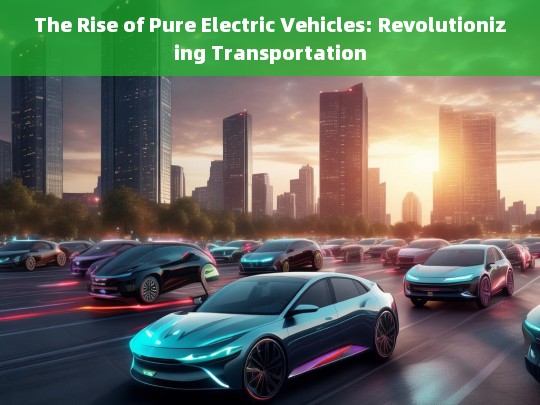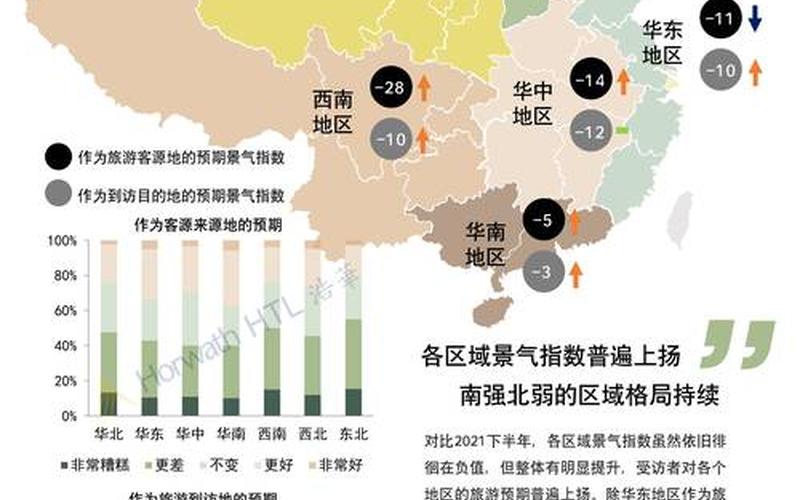In recent years, the automotive industry has undergone a significant transformation, with pure electric vehicles (EVs) emerging as a sustainable and environmentally friendly alternative to traditional gasoline-powered cars. This shift towards EVs is not only driven by environmental concerns but also by advancements in technology and changes in consumer preferences.
Pure electric vehicles, also known as battery electric vehicles (BEVs), are powered solely by electricity stored in rechargeable battery packs. Unlike hybrid electric vehicles (HEVs) or plug-in hybrid electric vehicles (PHEVs), which combine traditional internal combustion engines with electric motors, BEVs rely entirely on electric power for propulsion.
The concept of electric vehicles is not new. In fact, the first electric cars were invented in the late 19th century, even before the widespread use of gasoline-powered automobiles. However, early electric cars had limited range and speed, and the infrastructure for charging was not well-developed. As a result, gasoline-powered cars became the dominant mode of transportation in the 20th century.
In recent decades, however, the need to address climate change and reduce carbon emissions has renewed interest in electric vehicles. Governments around the world are offering incentives for consumers to purchase EVs, and automakers are investing heavily in research and development to improve battery technology, increase driving range, and reduce charging times.
One of the key advantages of pure electric vehicles is their environmental friendliness. Since they do not emit any tailpipe pollutants, EVs contribute significantly less to air pollution and climate change than gasoline-powered cars. Additionally, EVs are often more energy-efficient than traditional cars, as electric motors convert over 70% of the electrical energy from the grid to power at the wheels, whereas gasoline vehicles only convert about 15-25% of the fuel energy to power at the wheels.
Another benefit of EVs is their low maintenance requirements. Electric motors have fewer moving parts than internal combustion engines, which reduces wear and tear and extends the lifespan of the vehicle. Furthermore, EVs do not require oil changes, transmission flushes, or other routine maintenance tasks associated with gasoline engines.
Despite these advantages, the widespread adoption of EVs faces several challenges. One of the main concerns is the limited driving range of EVs compared to gasoline-powered cars. However, battery technology is constantly improving, and many modern EVs can now travel over 200 miles on a single charge, which is sufficient for most daily commuting needs.
Charging infrastructure is another challenge for EV adoption. While public charging stations are becoming more common, they are still not as widespread as gasoline stations. However, many countries are investing in expanding their charging networks, and private charging stations at homes and businesses are also becoming more prevalent.
The cost of EVs is often higher than comparable gasoline-powered cars, but this price gap is narrowing as production costs decrease and government incentives become available. Additionally, the long-term savings on fuel and maintenance costs can offset the initial higher purchase price.
In conclusion, pure electric vehicles represent a significant step forward in sustainable transportation. With continued advancements in battery technology, expanded charging infrastructure, and government incentives, EVs are poised to become a mainstream mode of transportation in the coming decades. The automotive industry is undergoing a revolution, and pure electric vehicles are leading the charge towards a cleaner, more efficient future.
Moreover, the rise of pure electric vehicles is not just limited to personal transportation. Many cities around the world are adopting electric buses, taxis, and even electric scooters as part of their public transportation systems. Electric vehicles are quietly transforming the way we move people and goods, reducing noise pollution and improving air quality in urban areas.
The transition to electric vehicles also presents opportunities for innovation and job creation. As the demand for EVs grows, so does the need for charging stations, battery recycling facilities, and related infrastructure. This creates new business opportunities and jobs in the renewable energy and sustainability sectors.
However, it's important to note that electric vehicles are not a silver bullet for climate change. While they significantly reduce greenhouse gas emissions from the transportation sector, the production of batteries and electricity generation still have environmental impacts. Therefore, a holistic approach that includes renewable energy sources and sustainable production methods is crucial for maximizing the environmental benefits of EVs.
In summary, pure electric vehicles are revolutionizing transportation, offering a cleaner, more efficient alternative to gasoline-powered cars. With advancements in technology, government incentives, and growing consumer awareness, EVs are poised to become a mainstream mode of transportation, contributing to a more sustainable future. The challenges of limited driving range, charging infrastructure, and cost are gradually being overcome, and the opportunities presented by the electric vehicle revolution are vast. As we embrace this new era of sustainable transportation, we can look forward to a brighter, greener future.











